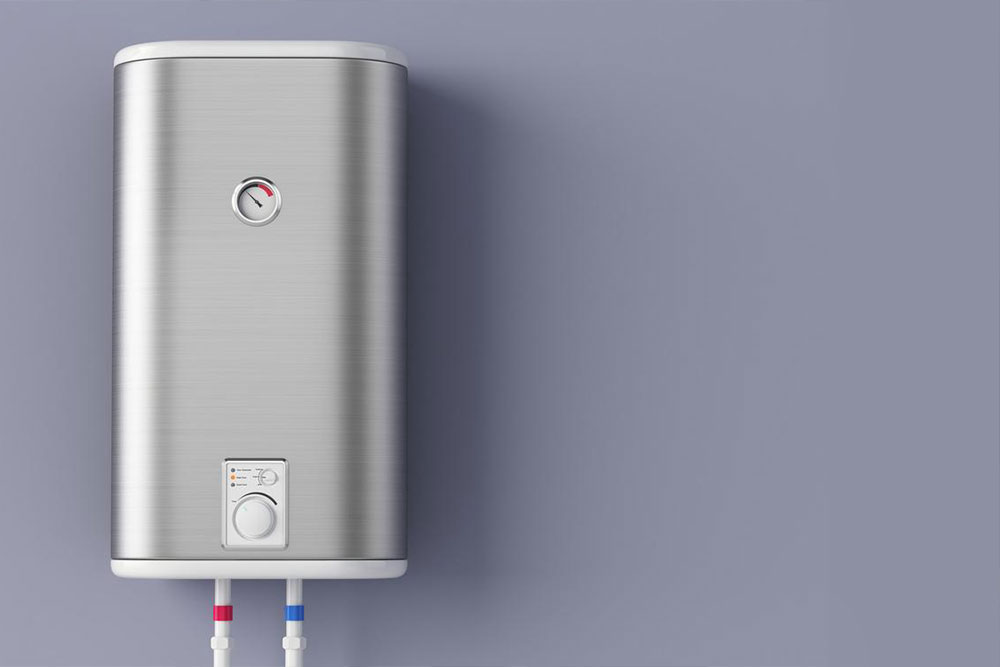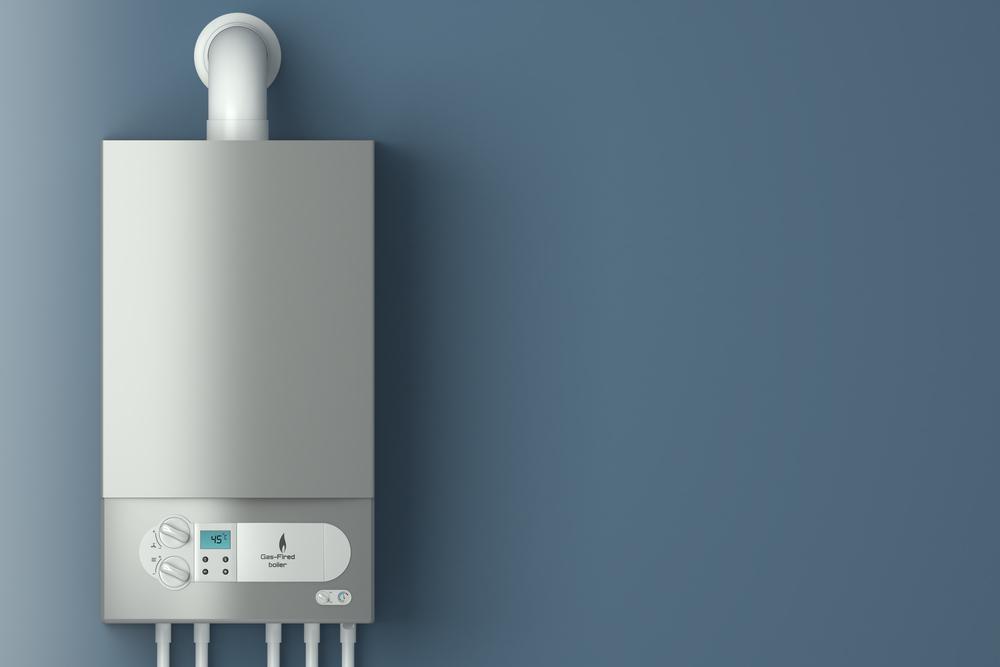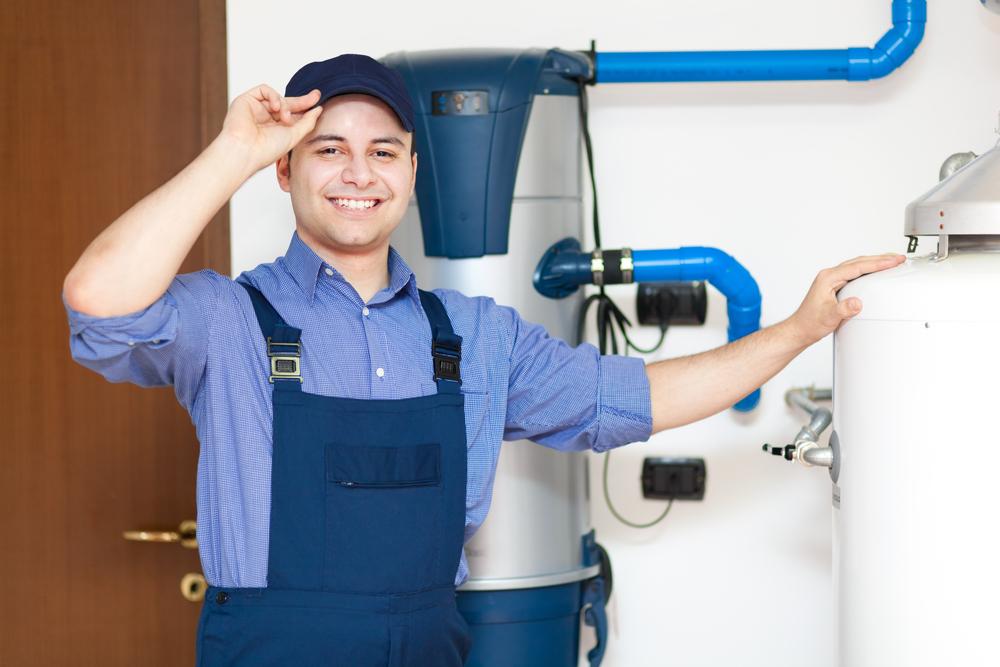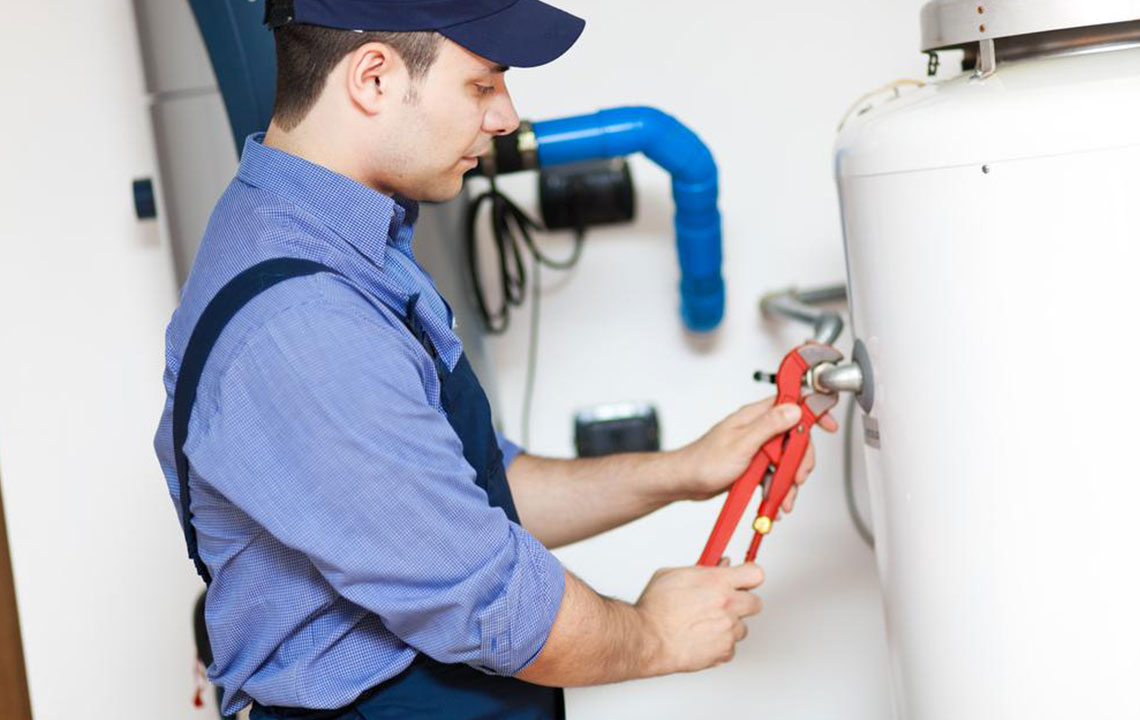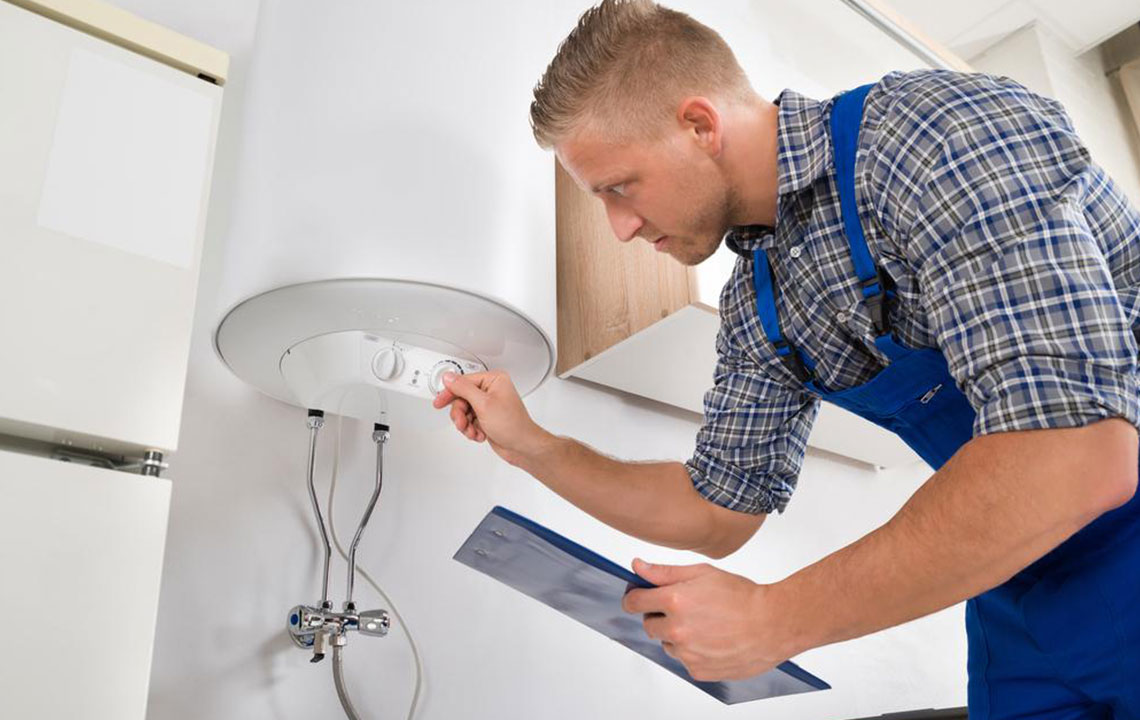Ultimate Guide to Different Types of Water Heaters and Their Operating Principles
This comprehensive guide explores various water heater types, including storage tanks, tankless, hybrid, solar, and condensing systems. It details their features, advantages, and ideal usage scenarios to help homeowners make informed decisions. Understanding these options ensures reliable hot water supply while maximizing energy efficiency and reducing operational costs, making it an essential resource for anyone upgrading or installing a new water heating system.
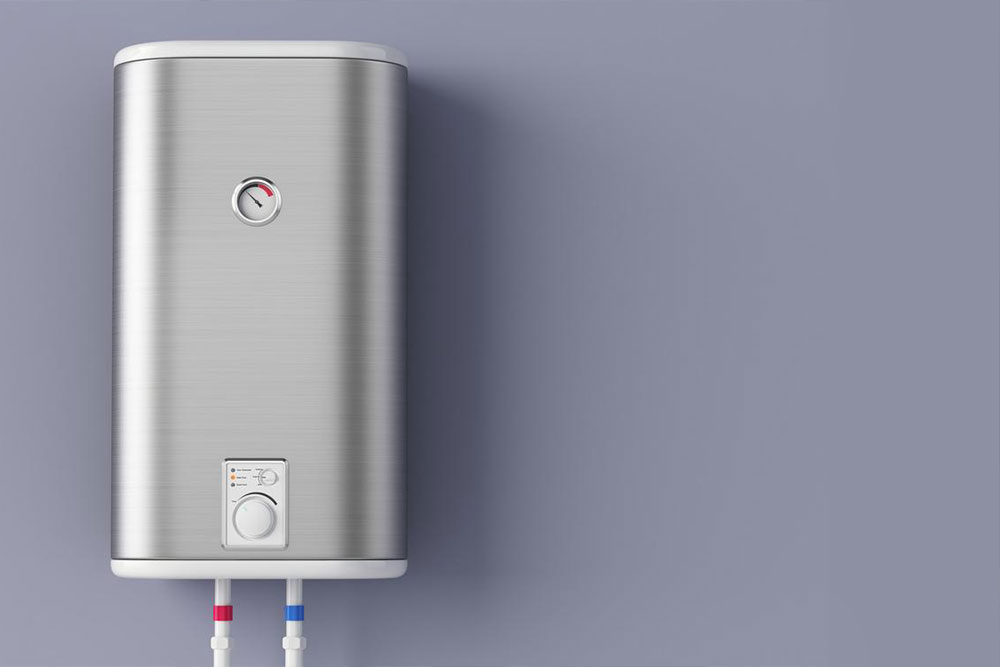
Comprehensive Overview of Water Heater Varieties and How They Function
In today's households, choosing the right water heater is crucial for ensuring reliable hot water supply and energy efficiency. With a wide array of options available, understanding the differences among various water heater types helps homeowners make informed decisions tailored to their specific needs and budgets. This extensive guide provides an in-depth look at popular water heater categories, examining their features, advantages, and ideal applications to help you select the perfect system for your home.
Types of Water Heaters and Their Key Features
Traditional Storage Tank Water Heaters are among the most widely used units in residential settings. These systems feature an insulated tank that heats and stores a specific volume of water, ready for use whenever needed. They are equipped with safety components such as a temperature and pressure-relief valve that automatically releases excess pressure or heat to prevent accidents. Storage tank models are available in both natural gas and electric versions. Generally, gas models tend to be more economical in operation, especially in areas with affordable natural gas, while electric models often come with lower initial costs and easier installation. The size of the tank varies, typically ranging from 30 to 80 gallons, depending on household demands.
Tankless Water Heaters, also known as On-Demand systems, provide hot water instantly without maintaining a large tank of heated water. These compact units heat water directly as it flows through the device, offering a continuous supply of hot water on demand. Due to their high efficiency—up to 80%—tankless heaters are popular among energy-conscious homeowners. Their small footprint makes them suitable for installation near bathrooms or kitchens, reducing heat loss during water transit. Despite higher upfront costs, they save money in the long run by minimizing energy consumption. They are particularly beneficial for small households or properties seeking space savings and energy enhancements.
Hybrid Water Heaters, often referred to as Heat Pump Water Heaters, combine traditional electric heating with advanced heat extraction technology. These systems are less common but highly energy-efficient, making them an excellent choice for environmentally conscious consumers. Hybrid models operate by pulling heat from the surrounding air—ideally in warm environments between 40°C and 90°C—to warm the water. They can cut down energy consumption by approximately 60% compared to standard electric water heaters. Due to their reliance on ambient air temperature, they perform best in climates with moderate to warm conditions and require adequate space and clearance for optimal operation.
Solar Water Heaters harness the sun's energy to provide hot water, making them a sustainable and eco-friendly solution. Typically mounted on rooftops, these systems use solar collectors to absorb sunlight and heat water stored in a tank. They are often supplemented with gas or electric backups to ensure hot water availability during cloudy days or periods of low sunlight. While solar units involve a higher initial investment and installation complexity, they offer substantial savings on energy costs over time. Solar water heaters are especially effective in sunny regions, providing an environmentally friendly way to reduce carbon footprint and utility bills. They are suitable for large-scale residential or commercial applications and can be integrated with existing plumbing systems.
Condensing Water Heaters utilize the exhaust gases produced during combustion to preheat incoming water, significantly enhancing efficiency. These systems are similar to traditional storage tank models but are designed to capture and reuse heat from flue gases, maximizing energy savings. Typically installed in settings where high hot water demand exists, such as multi-user households or commercial facilities, condensing water heaters usually have minimum capacities of around 55 gallons. They are ideal for new installations or replacements where high efficiency and large volume capacity are priorities. Their ability to leverage waste heat not only cuts energy costs but also reduces environmental impact, making them a responsible choice for energy-conscious consumers.
Choosing the Most Suitable Water Heater for Your Needs depends on various factors including household size, available space, budget, and energy efficiency goals. Whether opting for a traditional tank model, a space-saving tankless system, or a renewable solar solution, selecting the right hot water system ensures comfort, convenience, and long-term savings. Consulting with a professional can help tailor a solution that matches your specific water consumption requirements while minimizing energy waste. Investing in the appropriate water heater enhances overall home comfort and contributes to environmental sustainability by reducing energy consumption and greenhouse gas emissions.
